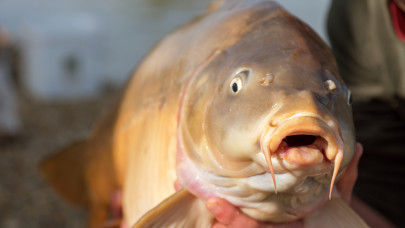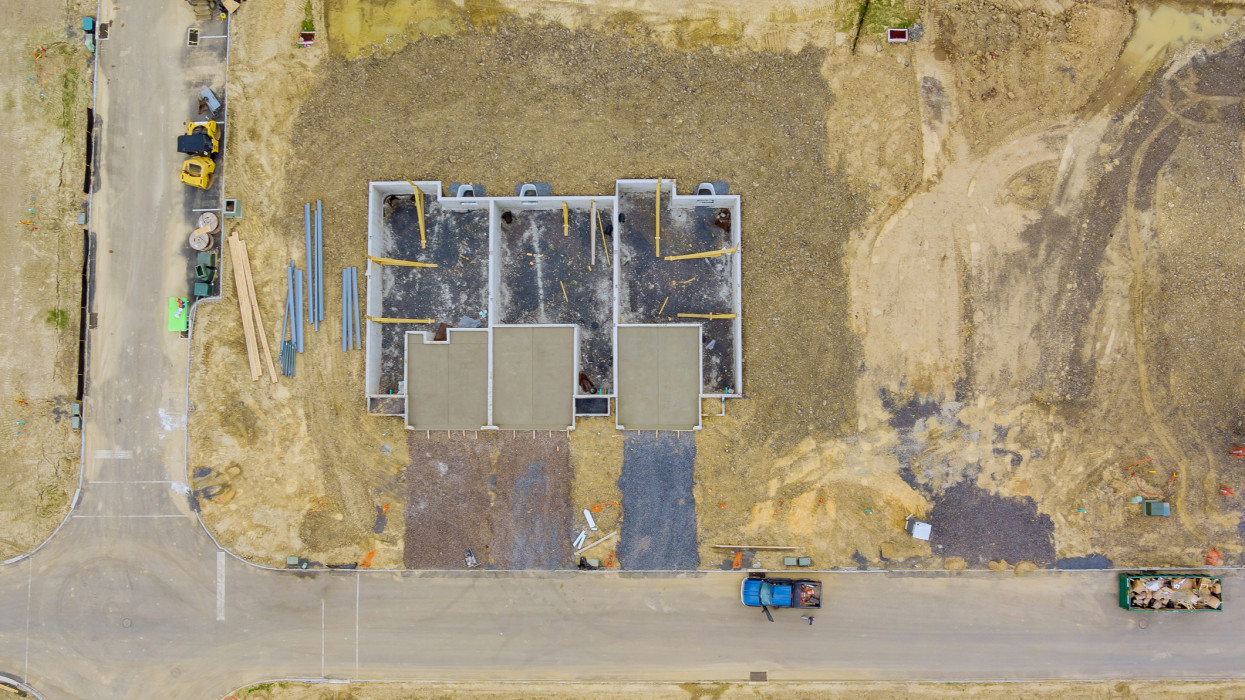The epidemiology of the outbreak is largely unstudied, with the list of X. fastidiosa hosts and vectors in Europe likely incomplete, and the role humans play in dispersal unknown. The new scientific article “Network analysis reveals why Xylella fastidiosa will persist in Europe” shows that, regardless of epidemiological uncertainties, the mere distribution of olive orchards in Southern Italy makes the chances of eradicating X. fastidiosa from the region extremely slim, implying that Southern Italy is becoming a reservoir for X. fastidiosa.
The results were achieved by calculating the distance traveled by the bacteria's principal known vector, the spittlebug Philaenus spumarius, during it's active season. The distance traveled by the insects was plotted over a map of the olive orchards in Puglia, generating a network of potential X. fastidiosa infection pathways by connecting all pairs of olive orchards (i.e. nodes in the network) that are within the vector's reach, i.e. less than 1 km. The prospective map shows the bacteria expanding beyond the current buffer zone that is intensely monitored, aiming at preventing X. fastidiosa from spreading north.
A major scientific conference on European research into Xylella fastidiosa is to be held in Palma de Mallorca, Spain, from 13-15 November 2017. The event will provide a platform for in-depth discussion on the results of research into X. fastidiosa and its vectors, in support of on-going efforts to control the European outbreaks. As well as speakers and participants from Europe, the conference will be attended by scientific experts from other parts of the world – such as Brazil and the United States – where X. fastidiosa has been present for many years.








